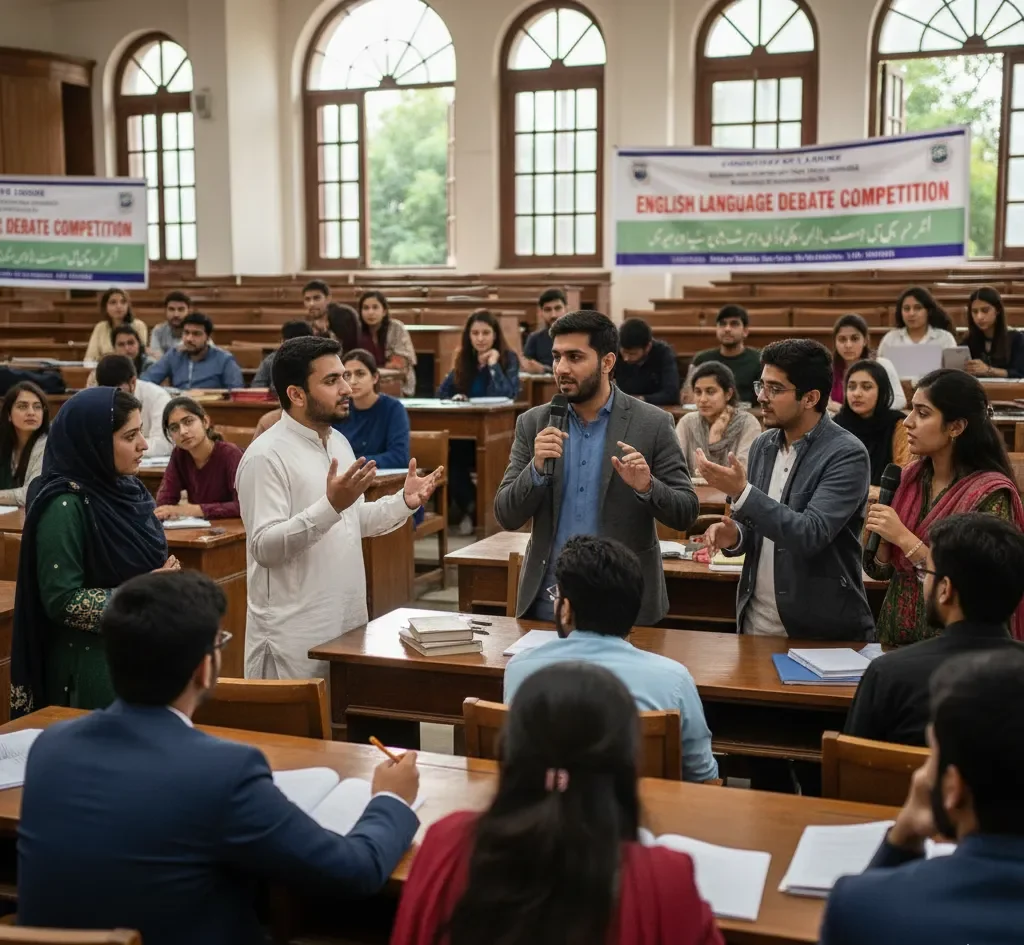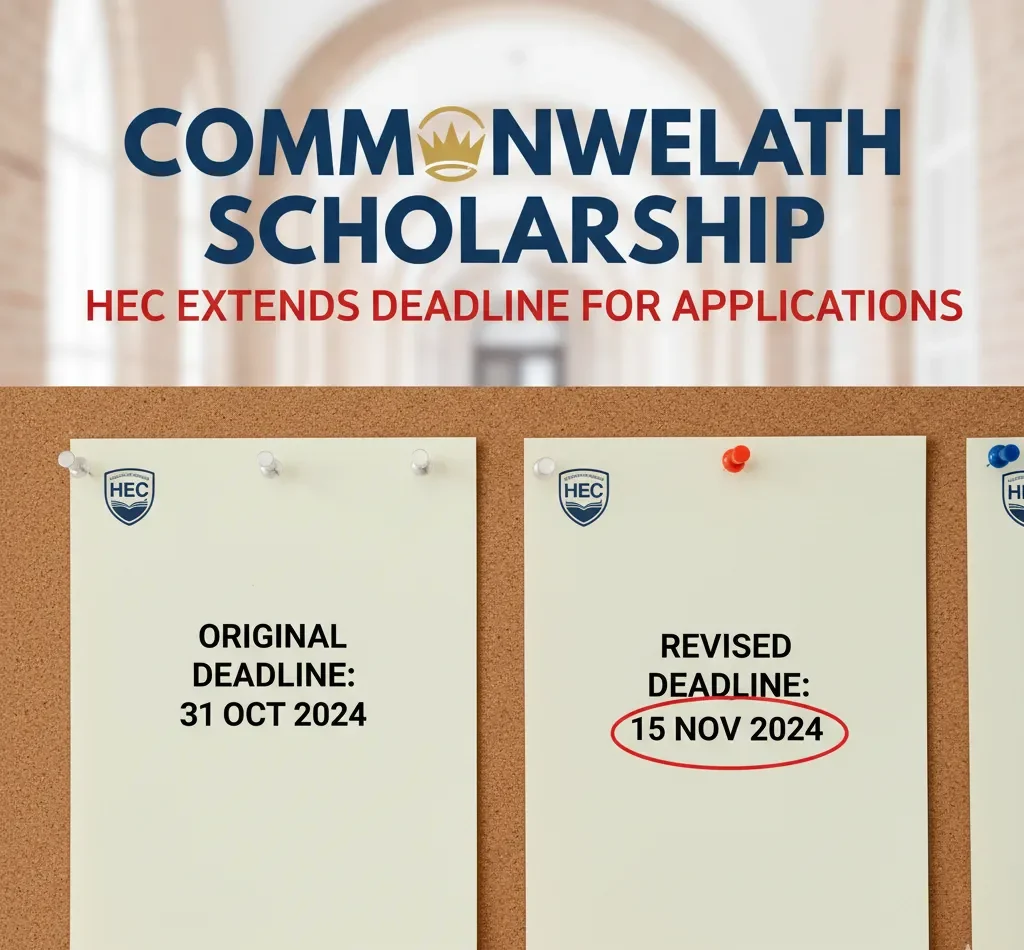The New HEC Rule and the Rise of English Linguistics Confusion
In 2025, the Higher Education Commission (HEC) of Pakistan imposed new frameworks on postgraduate degrees in English Studies, specifying only two degrees English Literature and English Linguistics that universities are permitted to offer. While this may superficially appear to promote consistence, English Linguistics confusion is actually an unintended consequence of the policy. The policy creates confusion by consolidating and collapsing the disciplinary distinctions in the study of Applied Linguistics, TESOL, and English Language Teaching through a single label; all the attention for these areas is under the responsibility of English Linguistics. This is a dramatic change from the HEC national curriculum framework from 2017 which accounted and credit the disciplinary distinctions of Applied Linguistics and TESOL with distinct degree pathways creating a definitive English degree confusion and measurable course of studies and qualifications between postgraduate research and career pathways for students. The 2017 framework reflected a global model for postgraduate research study and was more transparent for the student and employers Linguistics vs Literature (beyond just the obvious implications of the qualification). Without the categorical distinctions of disciplines with the new framework, both, universities and their students are left interprelation the overlapping academic boundaries and meanings.
This issue has significance because, by definition, English Linguistics confers a limitation on inquiry to the English language alone. Linguistics, more generally, is a broader scientific enterprise in the study of human language, ranging from phonetics to language policy. Specifically, Applied Linguistics relates to teacher education, curriculum design, and multilingual education—all of which are key areas in the context of Pakistan’s language diversity. The new document relegates these areas into a more narrow category of English Linguistics and raises the question of definition of the field and the new policy’s capacity for addressing local and global needs.
Why This Change Risks Pakistan’s Academic Reputation
HEC English Studies 2025 belive that the uncertainty of English Linguistics extends beyond academia and meaning; it affects possible employment and recognition worldwide. Applied Linguistics in Pakistan or TESOL qualifications are sought after across universities and employers in countries like the UAE, China, Singapore, or parts of Europe. An English Linguistics degree may require further explanation or simply not qualify for various employment opportunities. In essence, Pakistani graduates may encounter challenges applying for international teaching jobs or doctoral programmes. The challenge is not that Pakistan is lacking talent or expertise; the challenge is that the name of the degree is not relevant to what the world is employing qualified applicants.
Even within Pakistan, the new framework complicates curriculum design. Courses like Advanced Research Methods in English Studies may serve literature students but not linguistics researchers who require tools like corpus analysis, phonetics, or data-driven methodologies. By merging these disciplines under one umbrella, HEC’s standardisation unintentionally weakens academic precision. Faculty trained in applied linguistics or TESOL find themselves boxed into a label that doesn’t reflect their expertise, while literature scholars are forced into frameworks that don’t fit their methods. Universities like Punjab, Karachi, and Peshawar still lean toward literature, but the demand for linguistics and applied linguistics is growing — both globally and locally. Private universities such as UCP, UMT, Riphah, Air University, and BNU have made significant strides by offering full-fledged programmes in these areas. The new HEC rule risks undermining that progress, making Pakistani degrees less visible on the international stage.
Towards Clarity, Recognition, and Global Alignment
The confusion surrounding English Linguistics should be seen not only as a policy flaw but as an opportunity to rethink how Pakistan defines and structures its English Studies. True academic growth comes from clarity, not conformity. Restoring separate degree titles for Linguistics, Applied Linguistics, and TESOL would help align Pakistan with global practices, where each field has its own identity, methods, and research scope. Internationally, institutions like Cambridge, Oxford, Harvard, and the University of Melbourne maintain distinct departments for Linguistics and Applied Linguistics — and even within South Asia, universities in India and Bangladesh follow this model. Pakistan’s universities should be empowered to do the same rather than being confined by an outdated umbrella of “English Studies.”
To improve Pakistan’s higher education sector, the policy makers need to appreciate that English Linguistics cannot stand for the entire breadth of linguistic scholarship. Students deserve degrees that accurately represent their education. Faculty deserve not to be mistaken for someone who just teaches English as a second language. Employers deserve to understand what expertise they are hiring when they recruit a graduate. The rest of the world has already differentiated both literature and education studies from linguistics; it is time for Pakistan to do so as well. The solution does not require the abandonment of a standard, but instead calls for reframing the way it has been administered to allow for reasonable addition, while maintaining clarity, international standards, and scholarship. Until that happens the muddle of English Linguistics will continue to cover up the real potential of Pakistan’s linguistics community, and limit the recognition our scholars earn the right to.



